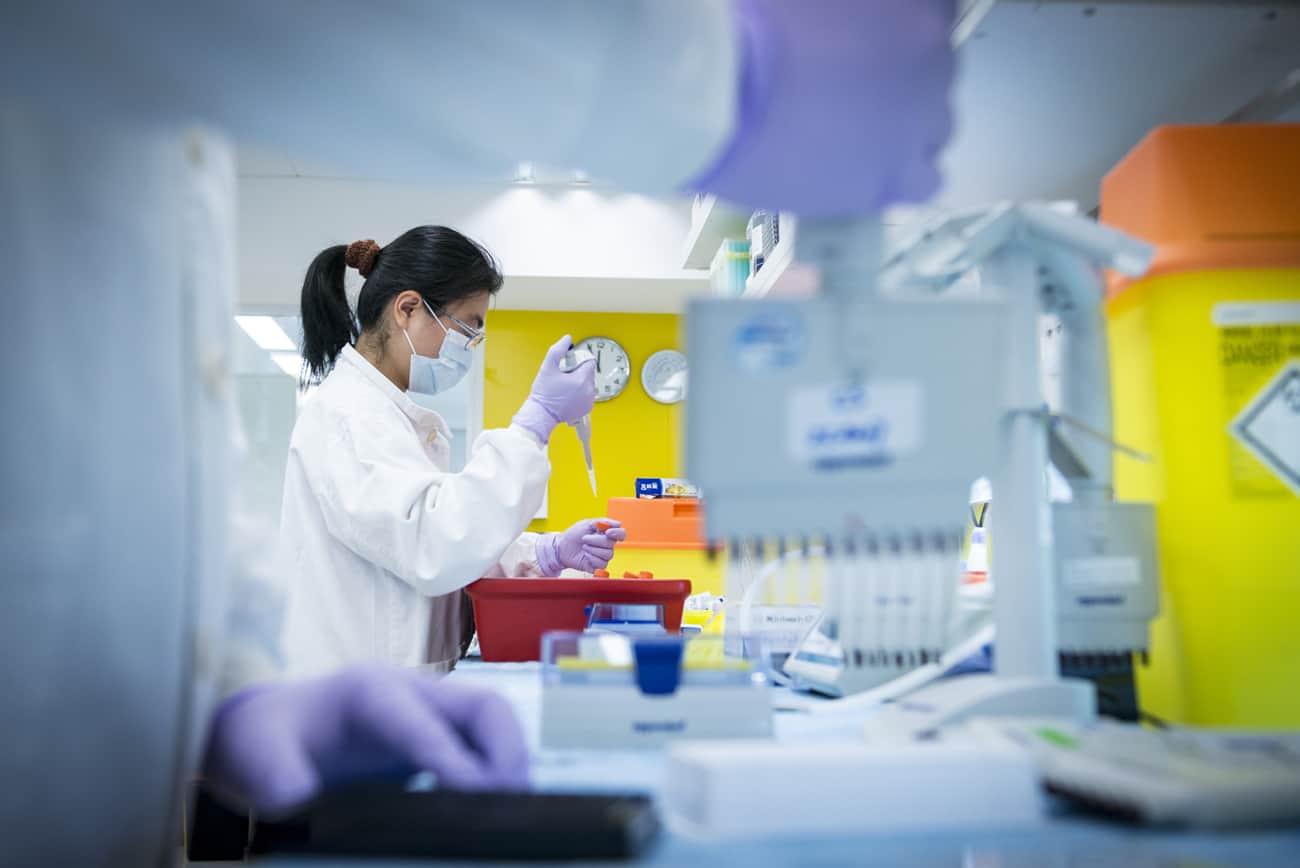Ella Day | June 6, 2025 | News story | Research and Development | Chiba University, Niagen Bioscience, Rare Diseases, Werner Syndrome, clinical trial, rare genetic disease
Researchers at Chiba University, Japan, alongside Niagen Bioscience, have reported successful results from the world’s first trial of nicotinamide riboside (NR), vitamin B3 derivative, for the treatment of Werner syndrome (WS), a rare genetic disorder. The study found that it enhances cardiovascular, skin and kidney health in patients, offering treatment potential for a disease which lacks effective treatment.
WS is a rare genetic disorder that causes premature ageing and serious complications. From their 20s, patients develop grey hair, hair loss, cataracts, diabetes and other age-related conditions typically seen in the elderly. Moreover, 70% of patients develop untreatable skin ulcers, often requiring limb amputation, and face premature death from cardiovascular diseases or cancer.
The trial, led by Masaya Koshizaka from the center for preventive medical sciences, Chiba University, Japan, and department of diabetes, metabolism and endocrinology, Chiba University Hospital, Japan, evaluated the safety and effectiveness of NR supplementation. NR significantly increased nicotinamide adenine dinucleotide (NAD+) levels, improving arterial stiffness, skin ulcers and the progression of kidney dysfunction in patients.
It follows Bohr lab’s study in 2019, which demonstrated that patients with WS had decreased levels of NAD+, a biomolecule crucial for cellular energy production, DNA repair and various metabolic processes. In clinical trials into other conditions, NR has shown benefits against chronic inflammation, metabolic disorders and muscle weakness.
“We hope our work will accelerate studies on not only WS but also other premature ageing disorders and common age-related diseases – ultimately helping to extend health span and improve quality of life in both patients and the broader population,” concluded Koshizaka.
Ella Day
6/6/25
